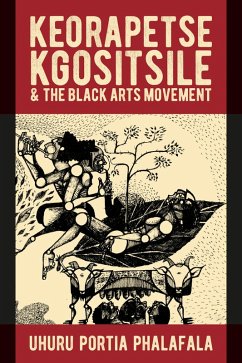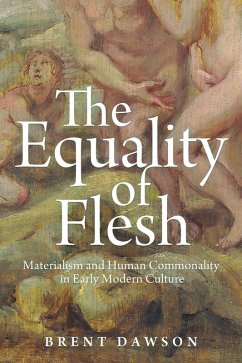An unlikely literary friendship from the past sheds light on the radicalization of public debate around identity, race, and censorship.
In 1961, James Baldwin spent several months in William Styron's guest house. They wrote during the day, then spent long evenings confiding in each other and talking about race and identity in America. During one of those memorable evenings, Baldwin is said to have convinced Styron to write, in the first person, the story of the 1831 slave rebellion led by Nat Turner near Styron's own Southern birthplace. Styron followed his friend's advice, and The Confessions of Nat Turner was published to critical acclaim, winning the Pulitzer Prize in 1968also creating outrage in part of the African American community.
More than sixty years later, the debates and controversy around cultural appropriation, identity, and the rights and responsibilities of the writer still resonate. In Baldwin, Styron, and Me, Mélikah Abdelmoumen considers Baldwin and Styron's surprising yet vital friendship from her standpoint as a racialized woman, born in Canada to a Tunisian father and Québécois mother, and torn by the often unidimensional versions of her own identity put forth by today's politics, media, and society. Considering questions of identity, race, equity, and censorship, and, especially, the means by which public debate around these topics is increasingly radicalized, Abdelmoumen works to create a space where the answers are found by first learning how to listeneven in disagreement.
In 1961, James Baldwin spent several months in William Styron's guest house. They wrote during the day, then spent long evenings confiding in each other and talking about race and identity in America. During one of those memorable evenings, Baldwin is said to have convinced Styron to write, in the first person, the story of the 1831 slave rebellion led by Nat Turner near Styron's own Southern birthplace. Styron followed his friend's advice, and The Confessions of Nat Turner was published to critical acclaim, winning the Pulitzer Prize in 1968also creating outrage in part of the African American community.
More than sixty years later, the debates and controversy around cultural appropriation, identity, and the rights and responsibilities of the writer still resonate. In Baldwin, Styron, and Me, Mélikah Abdelmoumen considers Baldwin and Styron's surprising yet vital friendship from her standpoint as a racialized woman, born in Canada to a Tunisian father and Québécois mother, and torn by the often unidimensional versions of her own identity put forth by today's politics, media, and society. Considering questions of identity, race, equity, and censorship, and, especially, the means by which public debate around these topics is increasingly radicalized, Abdelmoumen works to create a space where the answers are found by first learning how to listeneven in disagreement.
Dieser Download kann aus rechtlichen Gründen nur mit Rechnungsadresse in A, D ausgeliefert werden.









